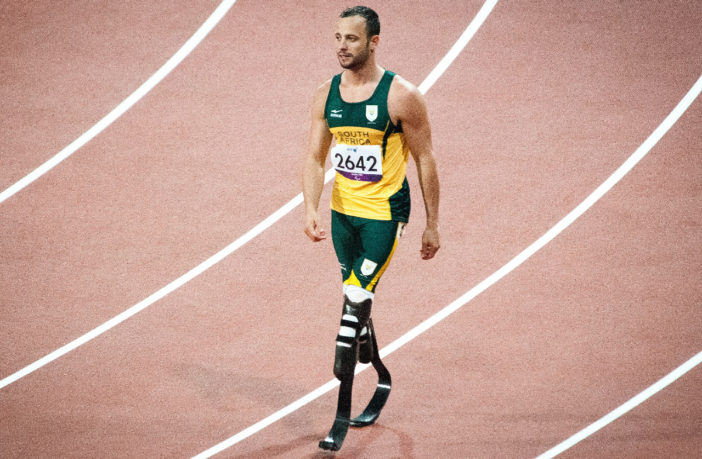Oscar Pistorius, the South African double-amputee Olympic runner convicted of fatally shooting his girlfriend Reeva Steenkamp on Valentine’s Day in 2013, has been granted parole after 10 years. Pistorius, 37, will be released from prison on January 5.
The Department of Correctional Services announced that he will serve the remainder of his sentence under community corrections, subject to parole conditions and supervision until the completion of his sentence.
June Steenkamp, the mother of the late Reeva Steenkamp, did not oppose Pistorius’ parole hearing but chose not to attend, citing her inability to face him again. In a letter read by a family representative, June Steenkamp expressed doubts about Pistorius’ rehabilitation in prison and questioned whether his “huge anger issues” had been effectively addressed, according to the New York Post.
In the letter, June Steenkamp expressed her late husband Barry’s profound devastation, as he passed away with the belief that he had failed to protect their daughter. She said one of Barry’s hopes was that Pistorius would eventually tell the full truth.
As part of the parole process in June 2022, Barry met with Pistorius, who reportedly dropped to his knees and begged for forgiveness.
Pistorius, once celebrated as the “Blade Runner” for his achievements in Paralympic sports, has transitioned from a star athlete and role model to a convicted killer, drawing global attention throughout the legal proceedings.
Pistorius killed Reeva Steenkamp on Valentine’s Day in 2013, firing four shots through the bathroom door. He claimed he mistook her for a burglar, but June Steenkamp remains steadfast in her belief that Pistorius knowingly killed her daughter.
In her statement, she expressed disbelief in Pistorius’ version of the events, rejecting the notion that he genuinely believed the person in the toilet was a burglar. She asserted that her daughter screamed for her life, and she believes Pistorius knew it was her.
Pistorius has been granted parole until December 5, 2029, and as part of the release conditions, he is required to undergo therapy for anger issues and “gender-based violence issues” while also engaging in community service.
Originally sentenced to five years for culpable homicide in 2014, Pistorius was later found guilty of the more severe charge of murder by the Supreme Court of Appeal in 2015. Pistorius, initially sentenced to six years in 2016, a term considered lenient, saw his total sentence increased to 13 years and five months by the Supreme Court in 2017.
In March, Pistorius was denied parole for not completing the minimum detention period, but the Constitutional Court ruled last month that he had served half of his sentence by March 21, making him eligible due to a backdating of his sentence to July 2016 instead of November 2017.
Various factors are considered when granting parole including the nature of the crime, the likelihood of reoffending, conduct in prison, physical and mental wellbeing, and potential threats upon release.
Pistorius’ father, Henke, claimed that his son had become a spiritual leader in prison, citing an instance where Pistorius convinced a violent gang member to attend his Bible study class and prayer group.
Pistorius himself asserted to the parole board that he had made every effort to rehabilitate, adhere to prison rules, and demonstrate full remorse.



